Sensationalist in nature as that headline may be, we’re about to demonstrate how and why one widespread shift in perception could help solve many of the world’s major problems.
Before explaining why with the science, this article aims to explain how the overall slip in psychological wellbeing is exacerbating many significant global issues.
We’re not saying our bad attitudes are the cause of the world’s potential looming disasters. Merely, that our widespread perception of ourselves and others is contributing to major issues ranging from economic hardship to violence, similar to a chicken and egg scenario.
If we want real, noticeable and widespread improvements that include boosted productivity, more constructive approaches to global issues, and a significant reduction in violence to well below pre-Ukraine levels, we need to stop viewing ourselves and humanity as completely autonomous, separate from each other and all other natural phenomena.
This is not a tale of divine prophecy and excuses for atrocities. It’s a more analytical look at why a degrading mental state has a negative impact on our operating system that powers us as a living organism, adversely impacting our thought processes and behaviours. This, in turn, degrades the way we treat ourselves, each other and the world.
Without being addressed, this can compound into a downward spiral quickly, having ripple effects on wider society. For many completely natural reasons, this psychological degradation is happening on a widespread scale. But it can be addressed.
The Human Operating System
While our experiences make each and every one of us unique, our perception of complete autonomy coupled with the rise of individualism makes us believe that we’re all fundamentally different. Even those who of us who champion equality and diversity often see different individuals and, even more dangerous, collectives as good and bad, worse or better.
In fact, many people deem those who simply wish to remain impartial as ‘bad’.
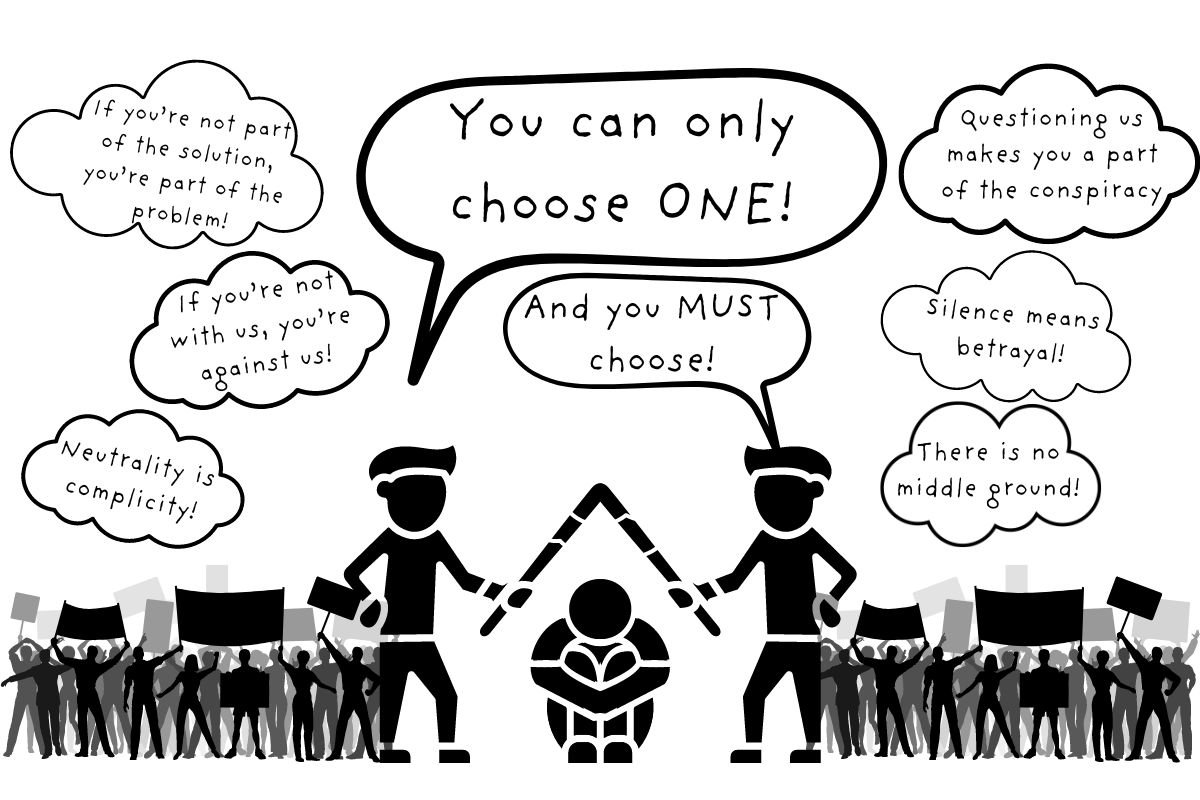
But while individualism came be framed through a romantic lens, we are not completely autonomous, neither as individuals nor as a species. Just like all other living organisms that have ever existed, from trees to dinosaurs, we are constantly reacting to our internal states and external stimuli based on what we – subconsciously, unconsciously and consciously – believe to be best for our survival.
Just as a sunflower opens its petals on sunny days to maximise UV absorption, every human action and thought occurs in response to the underlying mechanisms that power us as organic living beings in response to our environment.
On a fundamental level, all humans are basically the same. We’re made up of over 30 trillion cells performing vital functions to keep us alive. These cells comprise 11 organ systems (such as cardiovascular, digestive, muscular, endocrine, and lymphatic) made up of over 600 muscles, 206 bones and 78 to 80 organs.
We also have extremely similar brains, even if our thought process can differ vastly. However, we all use our cerebral cortex for tasks like problem-solving and planning, the limbic system for regulating emotions and motivation, the cerebellum for balance and fine motor control, etc.
The key reason our thought processes, behaviours and outcomes differ so much is concerned with our environments rather than our biology.
All iPhone 16s (or wherever we are now) have the same core functionality. But even though they all have the potential to provide the same outputs, what actually dictates each phone’s outputs depends on its settings, apps and various other variables, none of which make any iPhone 16 fundamentally different to another.
Similarly, all humans have the same ‘operating system’ on a fundamental level, and our behaviours and thought processes are almost entirely influenced by our ‘programming’ or inputs, particularly experiences during our formative years.
Our perception of our experiences, which is often dictated by other people when we’re young, largely shapes what we find to be rewarding for our wellbeing and survival as adults. But we have much less choice over that than we think.
Read our article on nature vs. nurture to find out why, from our perspective, everybody really is pretty much the same.
The Illusions of Our Inner Monologue
It may seem as if the voice in our head dictates our actions, but it’s not quite as simple as that.
For most of us, our inner monologue takes the form of a first-person narrative, which appears to precede our actions. For example, we deliberate a number of options in our heads before reaching a decision and taking action.
However, it was not the voice in your head that came first, even if your brain was doing the work (or most of it).
Your inner monologue is an emergent feature of your powerful brain. There isn’t one specific area that gives rise to this phenomenon. Instead, the inner monologue arises from the interplay between the different interconnected regions of our brains.
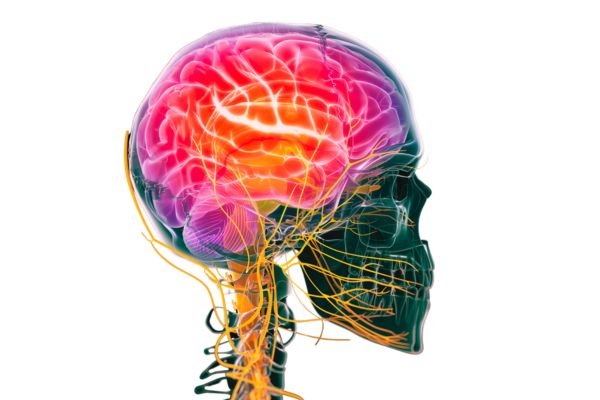
It’s worth noting that our brains are interconnected with everything else in our bodies as one dynamic system. We also may be interconnected with the cosmos in deeper ways than we currently understand – read our article on free will and quantum mechanics for more information on that.
The key takeaway here is – you don’t control the content of your inner monologue, and it doesn’t arise of your own volition per se. Subconsciously and unconsciously, your brain and body as one dynamic system is constantly at work processing information, even when you sleep.
Your dynamic system, as an organic being, is in constant reaction to its environment and internal needs and desires. As that process takes place, the interconnected regions of your powerful brain gives rise to an inner monologue, which essentially presents you with a streamlined narrative of what’s happening to the entire being.
You perceive yourself as an individual with individual needs and goals, but you’re really a complex amalgamation of cells that each has unique needs. Without even knowing, you’re meeting those needs all the time by achieving streamlined goals. The narrative your inner monologue presents you with is simplified and subjective, not an accurate representation of reality.
But why does this even matter?
If we perceive our inner monologue to be under our control, then we can view ourselves as failures when things go wrong. ‘If only I’d thought differently, I wouldn’t be in this mess’.
We don’t have the ability to control our thoughts in real time as we believe. But by exposing ourselves to new information with an open mind that changes our perspectives, our thought processes can change as result. Our interconnected brain regions utilise better, more refined information to react to its internal states and environments in more beneficial ways for the survival of the entire dynamic system that we are.
Read our article on the human autonomy illusion to find out how dispelling it can help you naturally unlock qualities such as empathy and self-compassion without having to rely on abstract philosophical thought or insensible ‘positive thinking’.
The Dangers of Our Degrading Psychological Wellbeing
We discuss the dangers of the human autonomy illusion in the article linked above. But from our perspective, the most dangerous aspect of the misguided perception of complete human autonomy is that allows us to compare ourselves to each other based on misinformed and subjective expectations.
This not only creates plenty of infighting (and wars) but also makes us incredibly easy to manipulate and exploit.
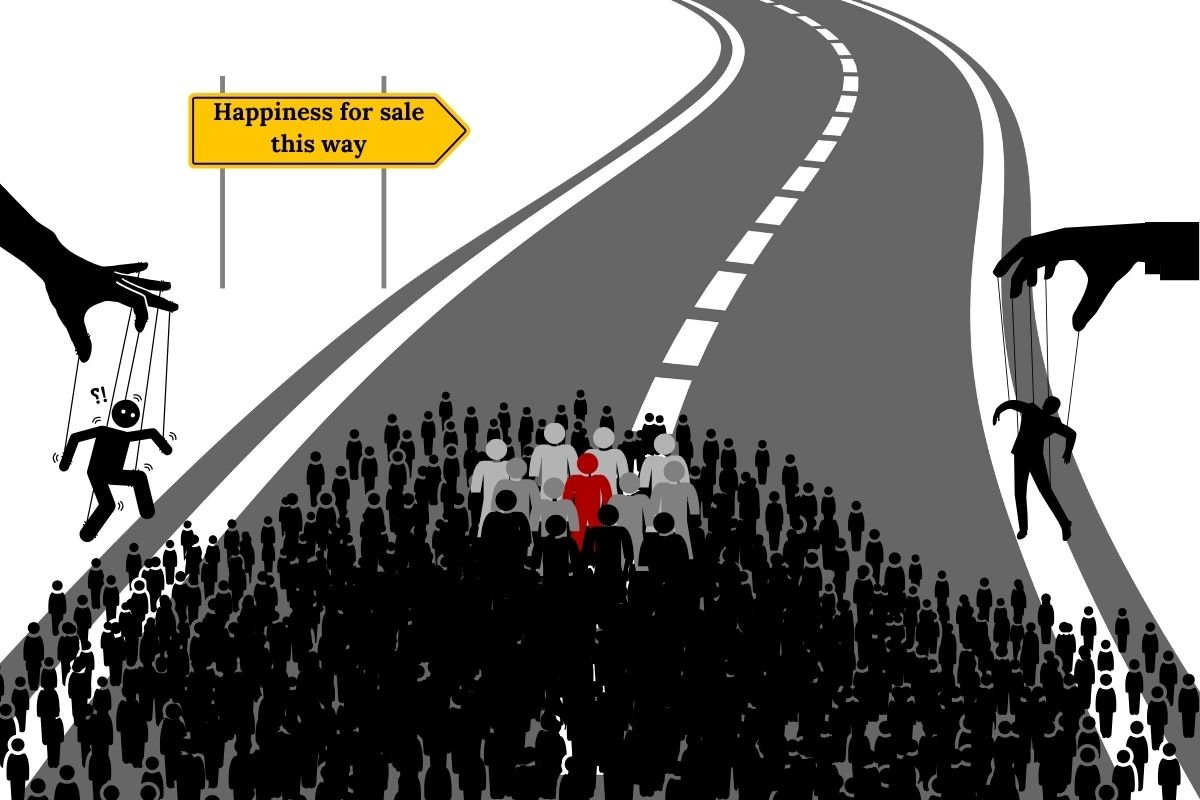
Viewing ourselves and each other as completely autonomous and fully responsible for our thoughts, actions and outcomes gives rise to labels, blame, dangerous ideologies, harsh punishments, ultra-competitiveness, and a perpetual feeling of being incomplete, largely based on the delusion that having more stuff equates to more self-worth.
If it’s impossible to feel satisfied with what we have, and if we hold others to subjective and impossibly high standards, our mental health and ability to cooperate with each other is always at stake.
Improvements in diagnostics (subjective) and increases in reporting may be partly responsible for the apparent rise in mental health problems in many nations throughout the world. However, plenty of research demonstrates that issues such as loneliness and narcissism are increasing.
We are social animals. If we act and think in ways that benefit ourselves regardless of the cost to others, and if we become increasingly isolated due to our increasingly unrealistic expectations of each other, we can only expect widespread problems to follow.
The Loneliness Epidemic
*This section is an exert from the complete book, Monothology.
According to the Programme for International Student Assessment (PISA) survey that started in 2000 and takes place every three years, loneliness is rising among high-school children in 37 countries.
Across six measurements, school loneliness rose among 15-and-16-year-olds in 36 out of 37 countries between 2012 and 2018. That includes ‘developed’ nations such as the UK, Canada and the USA.
While the survey doesn’t claim to prove causation, a comparison of the results suggests that GDP, family size and income inequality are not significantly correlated with loneliness in schools. Moreover, the higher the unemployment rate among adults, the lower the rates of loneliness in schools. The analysis does imply there may be a strong correlation between loneliness and smartphone and internet access.
This worrying and increasing trend of loneliness isn’t limited to children, even if it can have the most dramatic impact on their futures.
In partnership with the Economist, the Kaiser Family Foundation carried out a survey in 2018 of adults in the UK, the USA and Japan to analyse people’s experiences of isolation and loneliness. According to its findings, 23% of UK adults and 22% of US adults ‘always or often feel very lonely’.
In a recent Harvard report (2023) in the USA, 36% of respondents experienced serious loneliness (lonely frequently or all the time) within four weeks of the survey. Among 18–25-year-olds, that figure rises to 61%. In the same age group, 51% of mothers with young children reported serious loneliness.
Loneliness and a lack of a sense of belonging are not just implicated in almost all manner of mental and emotional health problems – they’re significant predictors of individual involvement in gangs, cults, extremist groups, the spread of misinformation, and radical political movements.
If we don’t address the worsening loneliness epidemic, the impacts for our globalised society could prove disastrous.
At the minimum, we’ll all remain very easy to manipulate.
Rising Individual and Societal Narcissism
Narcissistic behaviours can and do arise in everybody. In fact, a certain level of narcissism is considered healthy according to many schools of psychology. But entitlement, grandiosity and, though it may sound counterintuitive, vulnerability lie at the core of pathological narcissism.
In our complete book on Monothology, we have a full chapter that’s essentially a meta-analysis of the various research and studies that demonstrate narcissism is on the rise. In short, narcissistic attitudes usually arise in response to childhood experiences, from being overpampered with no boundaries to being abused and invalidated.
Essentially, narcissism can largely be attributed to an underlying fragility in self-esteem – or more accurately, the behaviours that overcompensate for it.
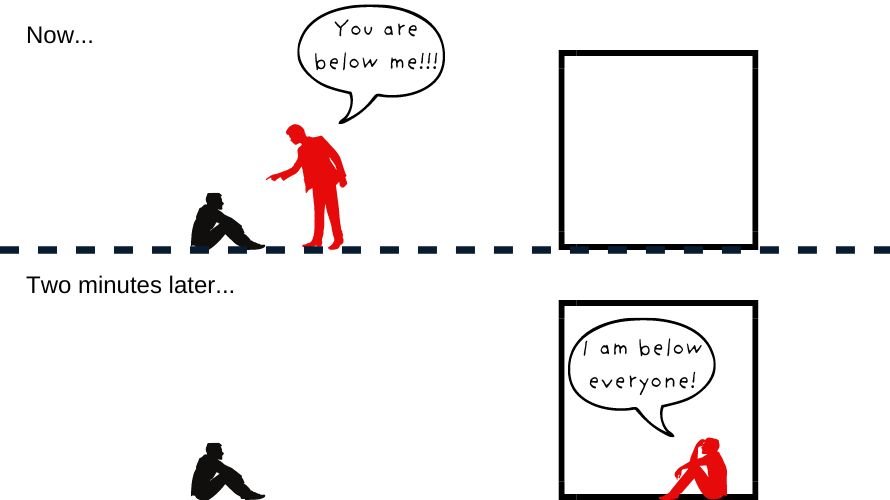
Narcissistic behaviours and thought processes are often attempts at gaining external validation. However, narcissistic individuals often struggle to connect with other people due to impossibly high expectations and a fragile ego. This in itself can lead to problems ranging from depression to addiction.
People who fail to gain a healthy sense of belonging may turn to collectives, such as political parties or even gangs, for their external validation, projecting their unmet needs onto the group. They may adopt that group’s ideology as their personal identity and respond negatively when they perceive it to be under attack. This can help explain radical extremism, nationalism, religious zealotry, football hooliganism – narcissism pervades just about every club or collective that grows large enough to be influenced by and reflect the entire spectrum of human behaviour.
There are countless studies on how narcissism pervades families, corporate decision-making, the world of investing, government policy making, and much more. Many studies also point out how this problem is getting worse.
With all that said – it’s worth reminding ourselves again at this point that nobody chooses to be narcissistic. While this remains a debated opinion, narcissistic behaviours and thought processes are acquired, and their manifestation is almost entirely dictated by our environments rather than our genetics (read our nature vs. nurture article for more on that).
Everybody, whether we like them or not, has the same fundamental operating system. Just like you and I, narcissistic people are constantly reacting to their internal states and their environments to maximise the chances of their survival based on their beliefs, knowledge and perceptions – all of which they had very little choice over.
Speaking of perceptions, let’s look at how just one widespread yet misguided perception contributes to and potentially even underpins both loneliness and narcissism – and potentially a broad spectrum of other mental health issues (read my in-depth, personal guide to overcoming alcoholism to find out where this fits into addiction).
The Illusion of Autonomy and Mental Health
Mental health an incredibly complicated topic. While we certainly wouldn’t claim that the illusion of human autonomy is to blame for all mental health problems, we are claiming that almost all of them have it in common.
If we can dispel the human autonomy illusion and see ourselves for who we really are, we might be able to shed or mitigate these unfavourable comparisons we make between ourselves and others.
We might also have a chance at getting rid of that perpetual feeling of incompleteness that we assume can be solved with material gains.
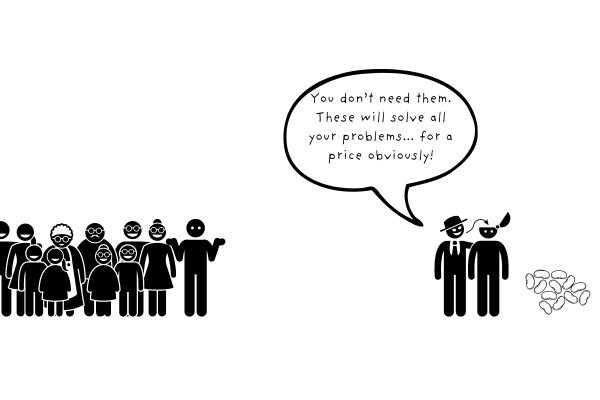
By understanding the true nature of humanity and how similar each and every one of us is, perhaps we can get rid of these ‘every person for themselves’ and ‘people get what they deserve’ attitudes.
Perhaps we can stop trying to pin our internal problems on other people, entire nations of them in many cases. Maybe we can get back in touch with our innate awareness of the interconnected nature of our existence – we are far more interdependent on each other and our world than we seem to be currently giving it credit for.
Just read the story about Patrick the puppet master pencil.
Improving Outcomes for the World
Seeing through our misguided perception of complete autonomy and recognising what really powers us as human beings can help alleviate feelings of loneliness and narcissistic attitudes. It also enables you to reflect on your experiences objectively, without making subjective judgements based on a false sense of full control. In turn, this can help reduce feelings of self-loathing, jealousy, incompleteness, and more.
Just as importantly, when you can be naturally more empathetic towards other people knowing that they really are largely a product of their past, you can react better socially, and the ripple effects of this can spread far and wide. No longer do you need to react with anger and spite when somebody does or says something negative. Instead, you can quickly see that a person’s negative behaviour is almost certainly a result of adverse early experiences that have negatively impacted their worldview and very survival instincts.
Imagine if, en masse, people started to see through the illusion of human autonomy when reacting to what they read in the news as well as to what they encountered in their daily lives. We might be looking at a very different world in a relatively short space of time.
Although that would also require us to be able to see through bullsh#t more efficiently given the exacerbating problems of echo chambers, inequality and misinformation – keep your eyes peeled for our upcoming book on that.
Seeing through the autonomy illusion, recognising our interconnectedness and interdependence, and improving our psychological wellbeing and resilience doesn’t just tick the boxes on the humanitarian front. It could work wonders for the global economy too.
Boosting the Economy with a Boost in Mental Health
In ways that don’t seem to be discussed enough, mental health is inextricably linked to the economy.
Whether we can see it on the surface or not, every human – just like every other living thing – is goal-driven. 100% of your time is spent on achieving fundamental survival goals, as dictated by the perceptions, beliefs and knowledge of your entire system in response to internal states and the environment.
It may seem like the aim of playing a computer game is to complete a mission, but on a fundamental level, it’s to remain stimulated. If somebody chooses to play games instead of work, it’s because the living organism they are has determined that playing games is in the best interests of its survival. We may not understand why that’s the case – even the individual may not know why their unconscious and subconscious processes arrive at such a decision – but it’s all to do with their preexisting beliefs, internal state and environment.
A human in good mental health naturally wants to be social and productive with a sense of purpose. And if we can increase healthy productivity, we’ll almost certainly see tremendous economic benefits as a result.
Calculating the cost of mental health on the economy is, naturally, challenging, but some estimates suggest that anxiety and depression alone cost the global economy $1 trillion per year. According to some estimates, mental health issues will cost $6 trillion per year by 2030 due to reduced productivity and poor health.
And lost earnings may pale in comparison to the losses of innovation.
How to Change Your Perception
The autonomy illusion may not be the cause of all mental health problems, but it’s a characteristic of many if not all of them. Believing in the illusion of human autonomy also makes us overlook how our actions and outcomes impact those around us and the wider world.
Seeing through the autonomy illusion can help you naturally unlock qualities that include empathy and forgiveness because it helps you see people for who they really are – neither inherently good nor bad. It also helps you gain a deeper appreciation of the external control in our lives and the true interdependent and interconnected nature of our very existence and its importance to our survival.
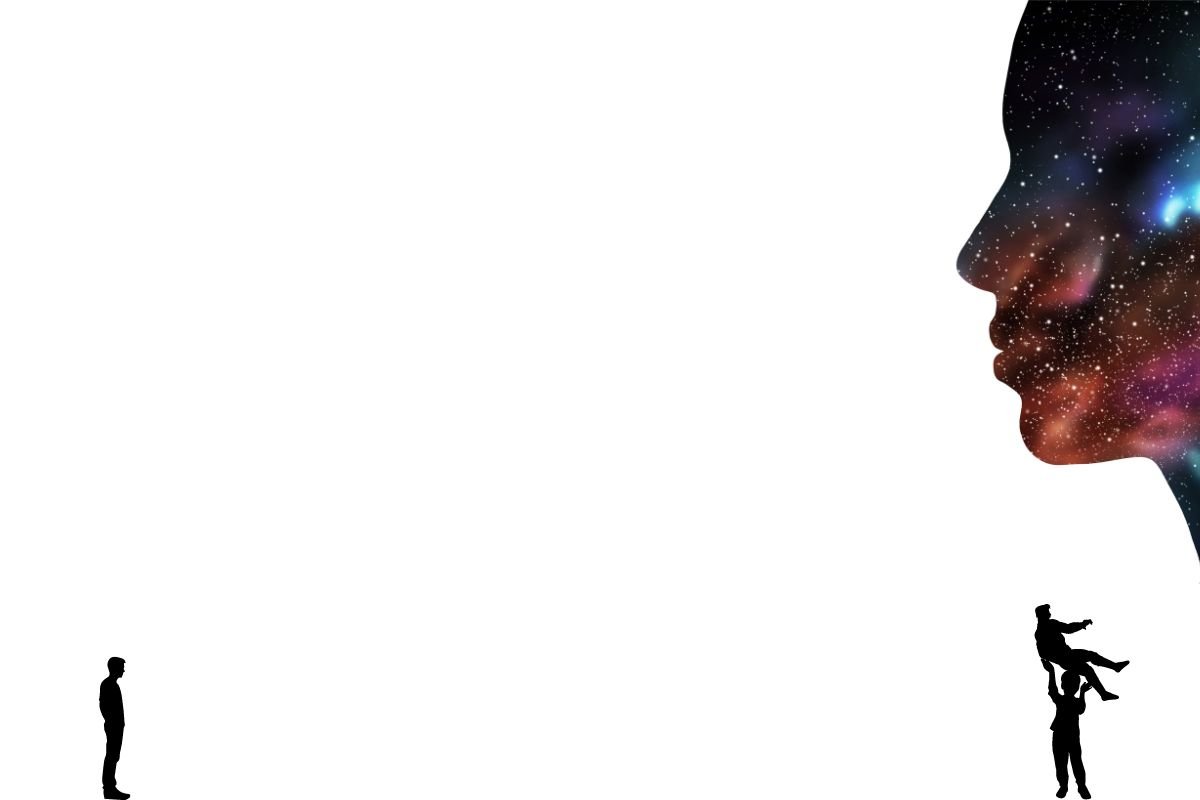
Just as importantly, dispelling the autonomy illusion allows you to engage in self-compassion objectively. When you understand the true nature of humanity and our existence, you can stop blaming yourself for past shortcomings and shed the fixed mindset that might be holding you back from feeling content with your life.
If you can treat yourself and others with more respect, your mental health will likely improve as a result. And a simple change in perception can transform your decision-making process, outcomes and entire worldview.
Our book, Monothology, dispels the human autonomy illusion by taking you on an adventure back to reality. It explores concepts such as free will, personal responsibility, the illusions of our inner monologue, the meaning of life, and even our ‘Sense of God’ as a biological phenomenon, responsible (as demonstratable through plenty of existing research) for the birth of science and religion. We uncover the true nature of our reality through mind-bending and mind-opening concepts ranging from neuroscience and evolutionary biology to quantum mechanics and consciousness, all presented as an adventure-style narrative with lots of analogies and thought experiments.
Monothology aims to realign your perception away from complete autonomy to a more balanced perception that factors external control and interconnectedness so that you can unlock self-awareness and boost your emotional resilience. Just as importantly, it intends to eliminate that constant feeling of incompleteness that makes many of us susceptible to mental health issues and external manipulation.
Above all, Monothology seeks to help you regain a healthy and realistic sense of optimism by upgrading your ‘operating system’ in ways that will maximise the chances of positive outcomes, both for you and our shared world.
We also recommend reading “The Orbital Perspective” by astronaut Rod Garan, in which Garan shares his experiences of viewing Earth from the International Space Station. Seeing our planet dangling in space without borders made Garan realise that humans are not autonomous as we tend to think. Observing our planet from outer space gives many astronauts something that Garan calls the orbital perspective, a phenomenon that gives these space explorers a deep appreciation of the interconnectedness and fragility of our existence. Reading this book can help you change your view of the world in the same way as these astronauts.

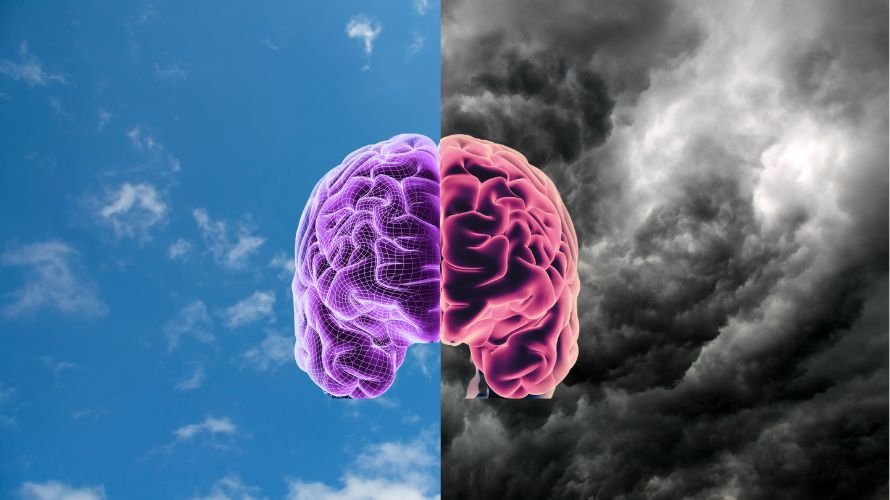
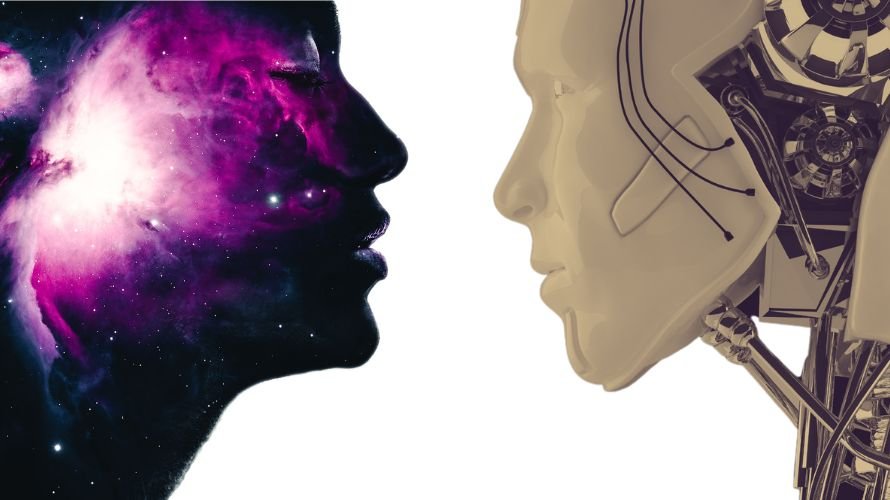
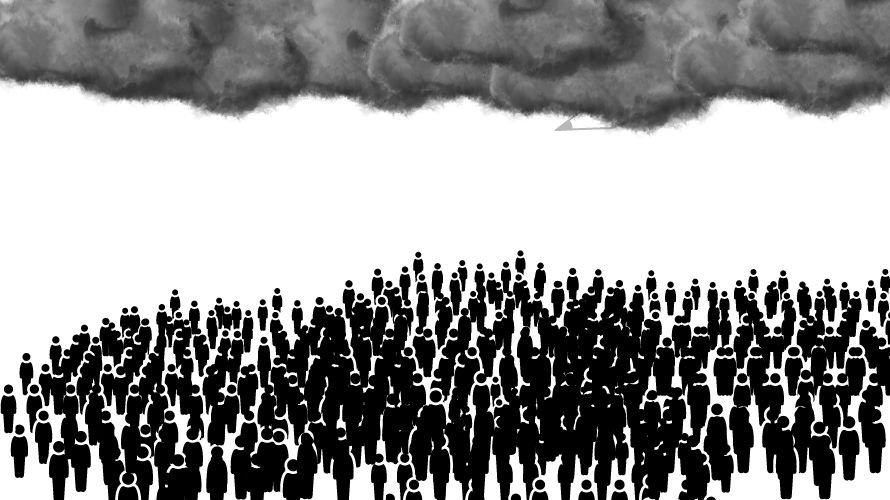
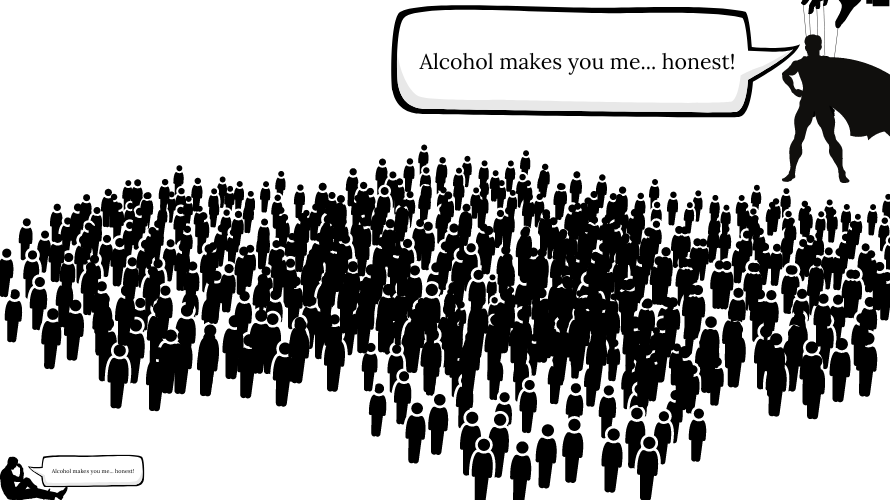
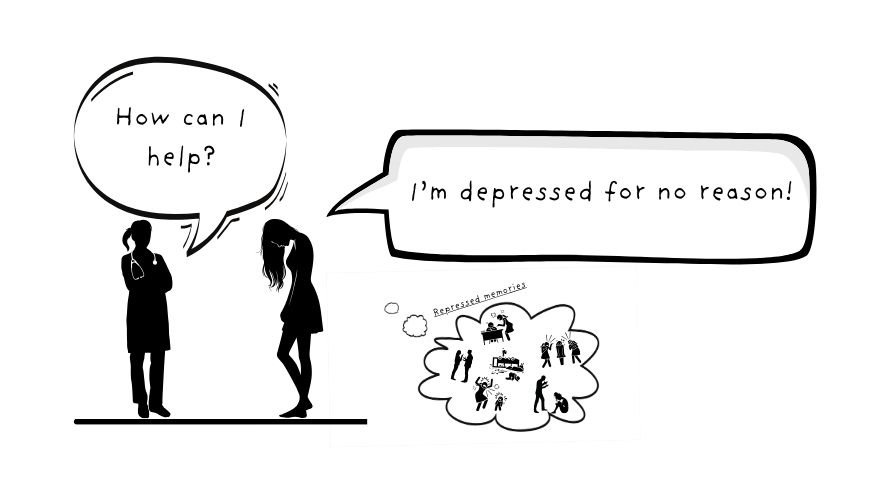
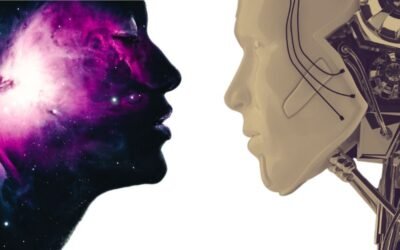
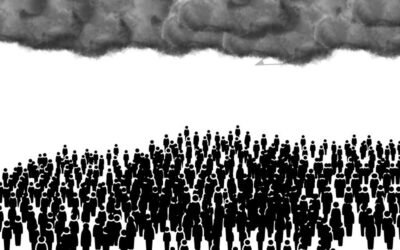
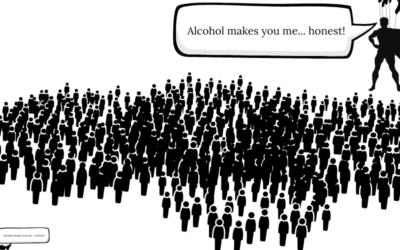
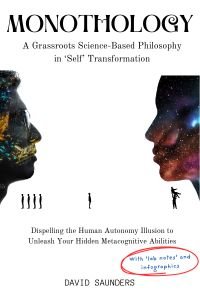
0 Comments